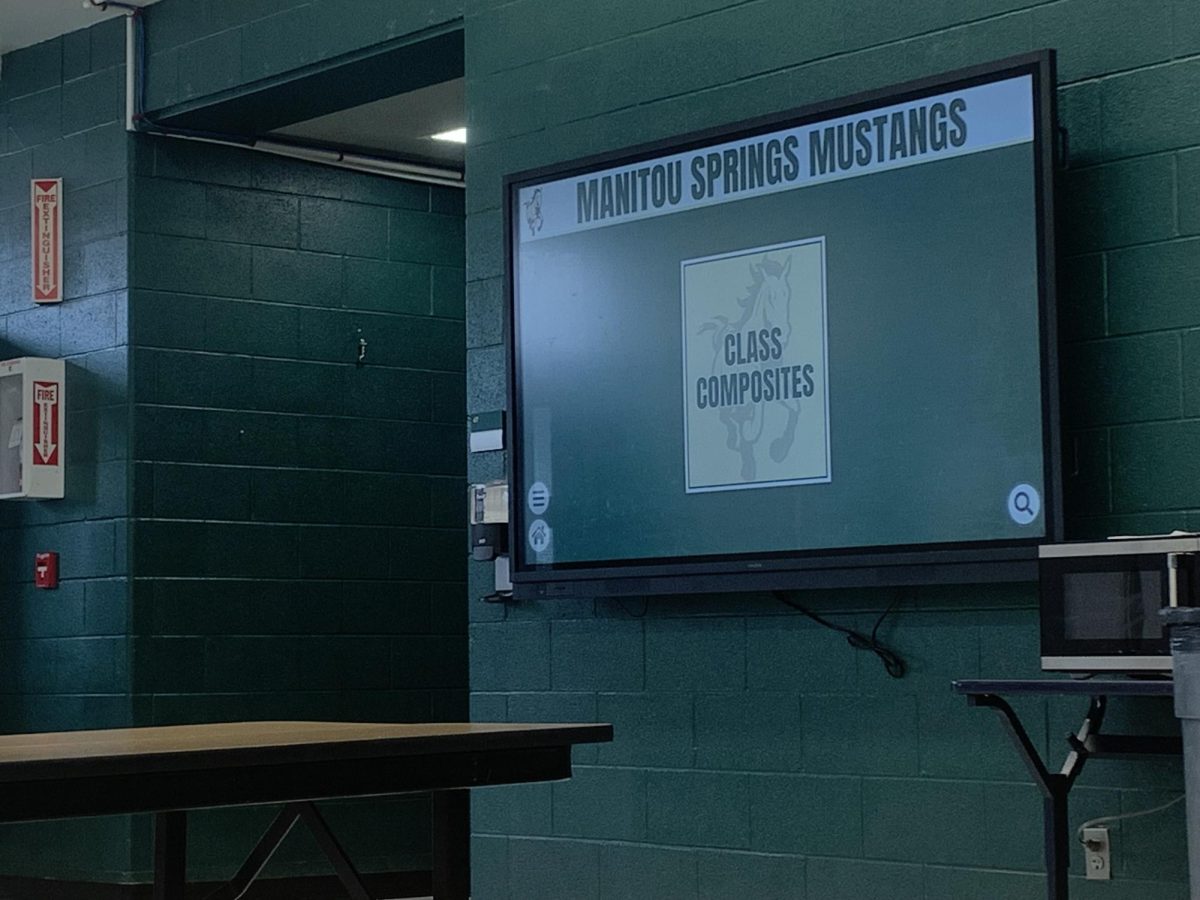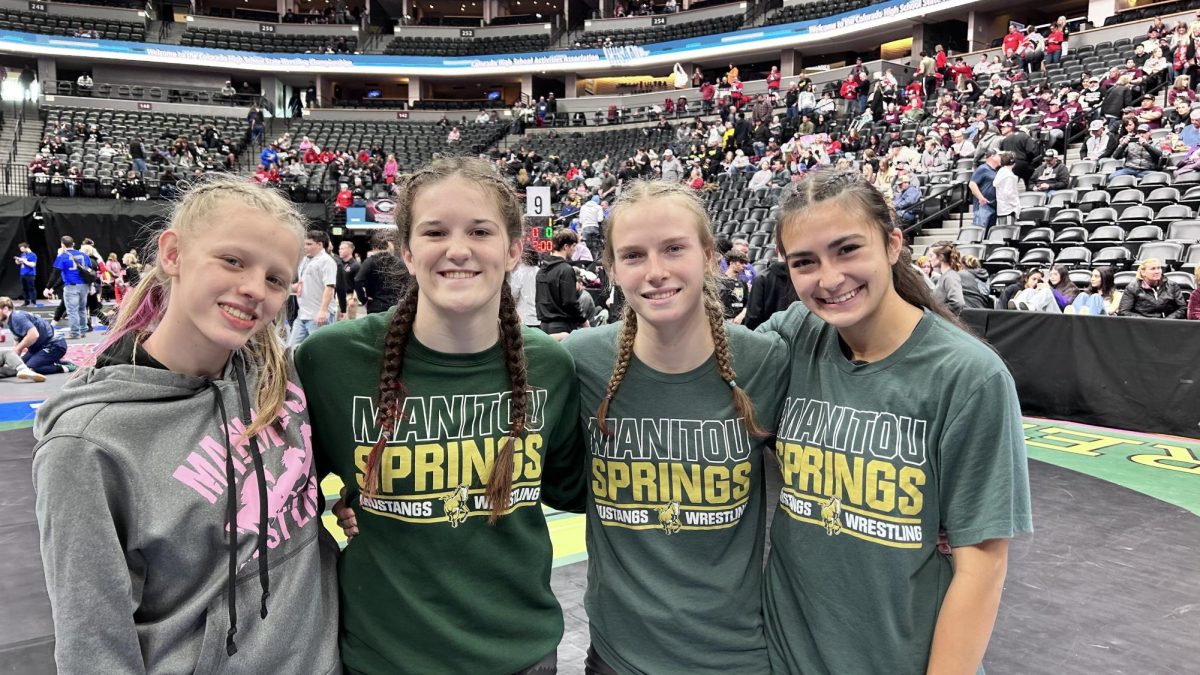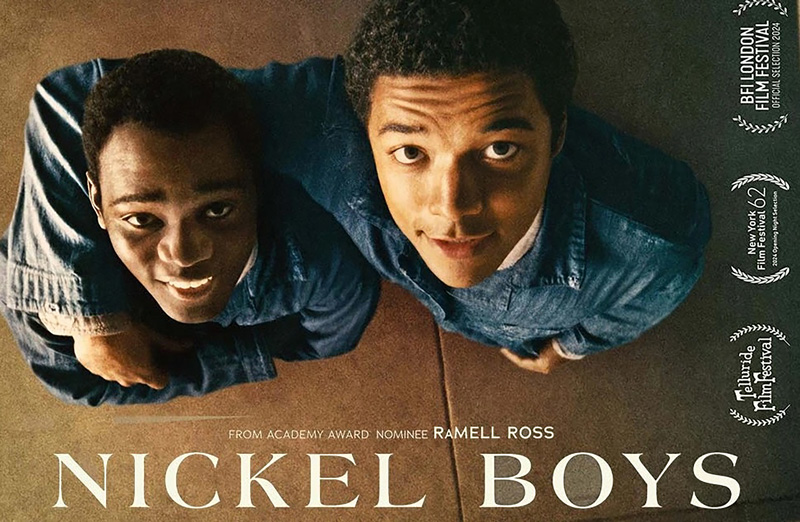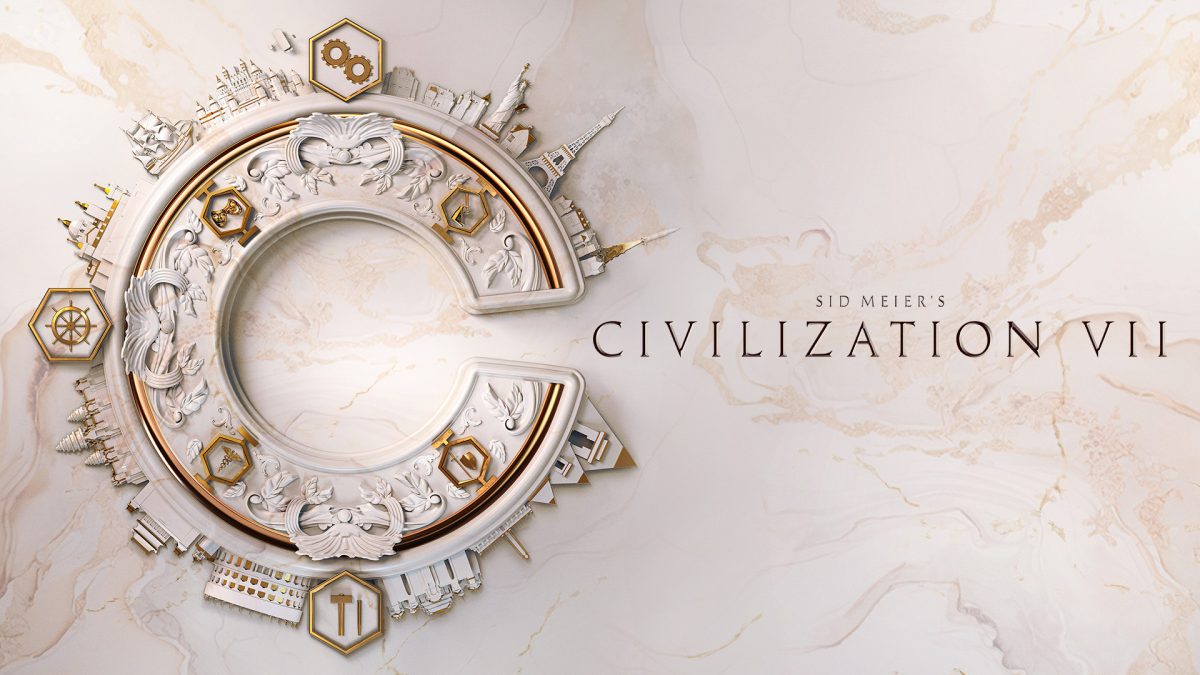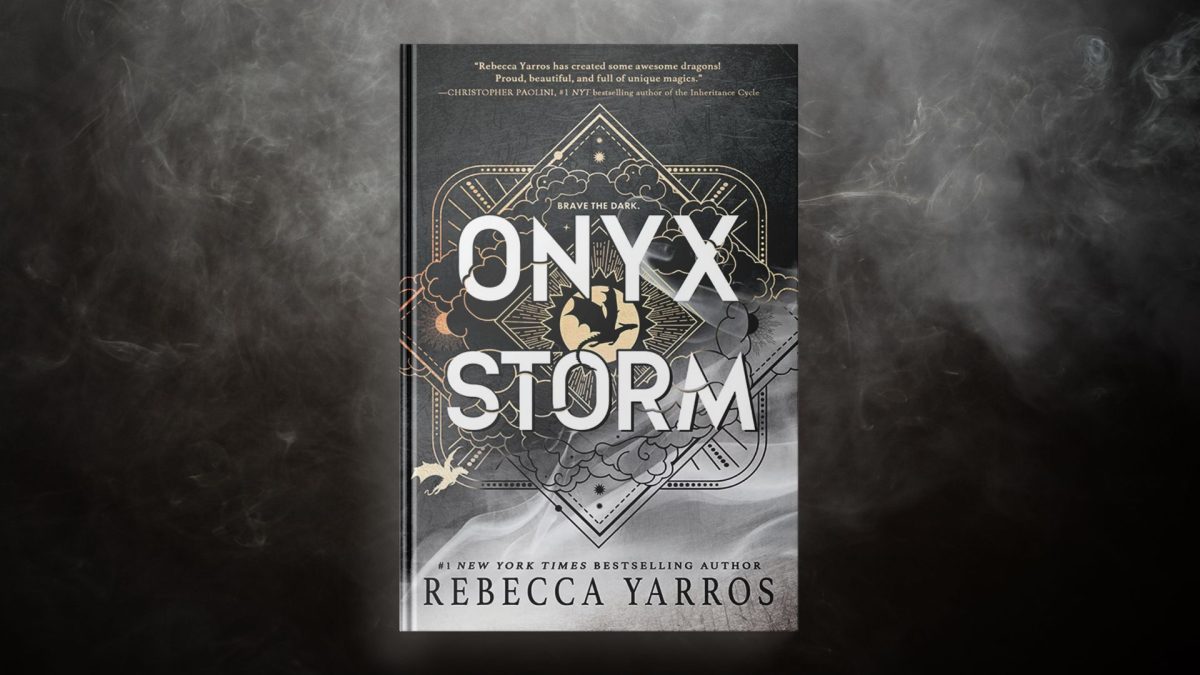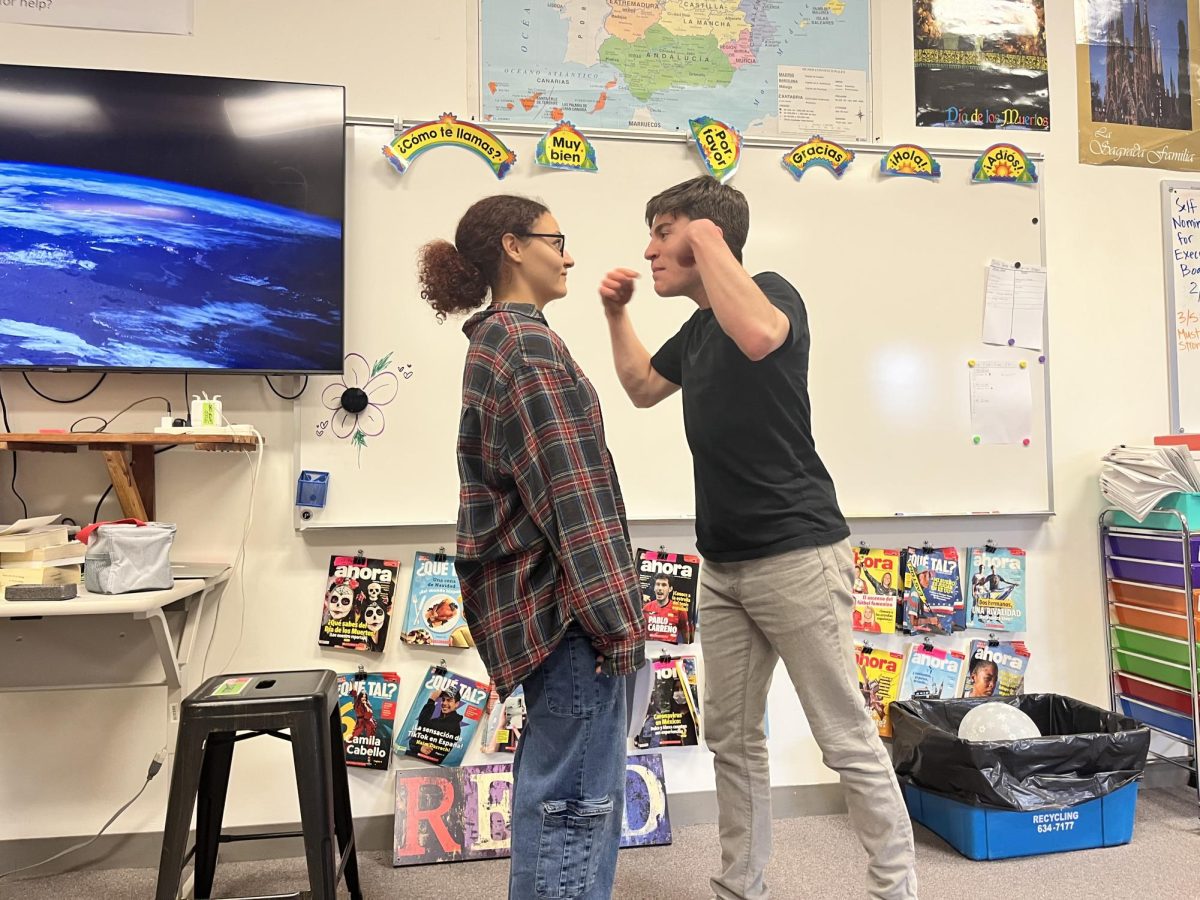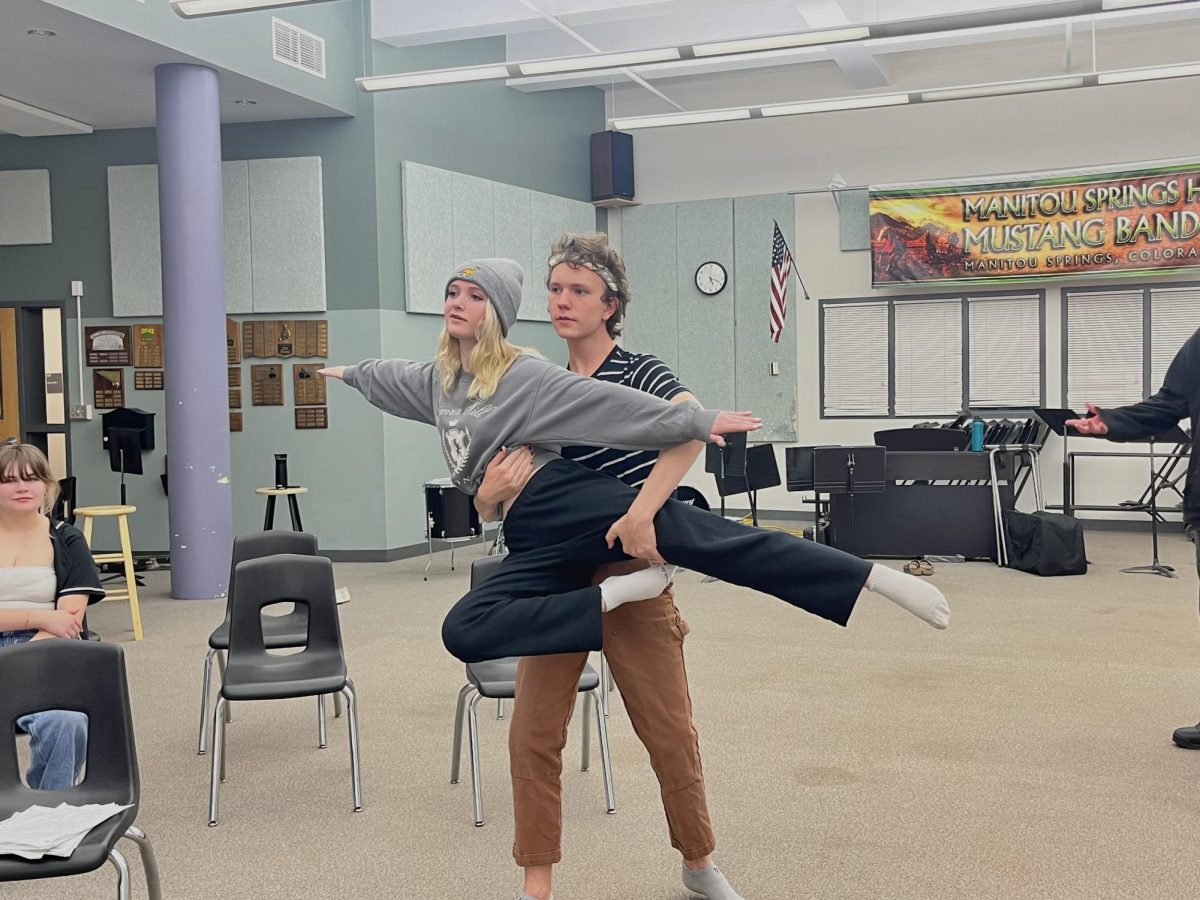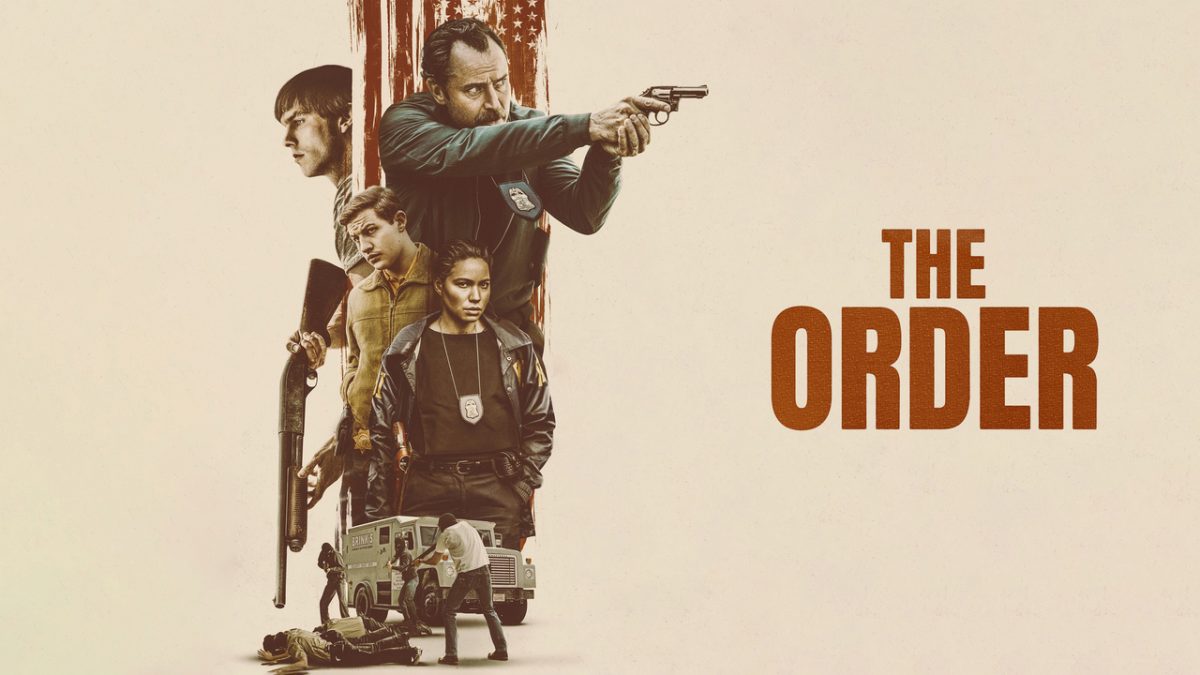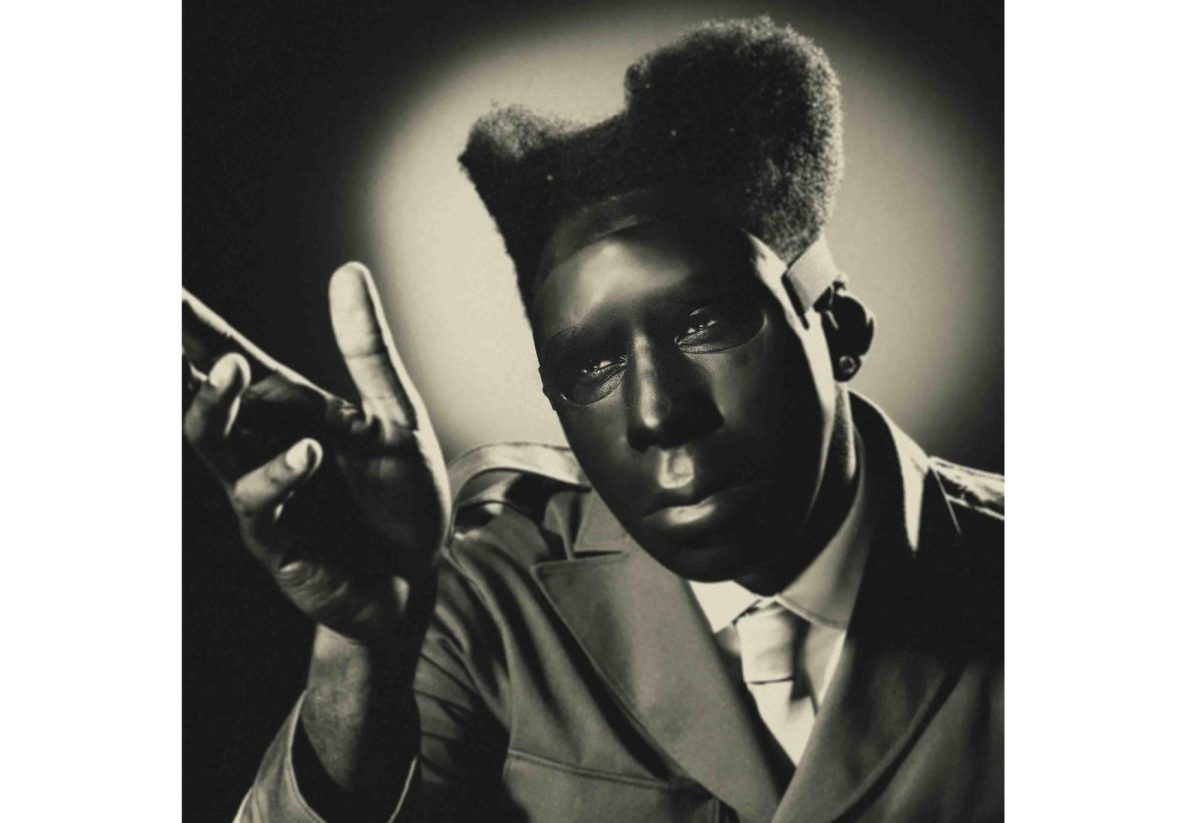American Sniper, 50 Shades of Grey, and the responsibility of storytellers
February 24, 2015
“It’s just a movie.”
This past Sunday, February 22, 36.6 million people tuned in to the 87th annual Academy Awards to look back at this year’s biggest films and most memorable moments in cinema.
If nothing else, that number – which was an even higher 43 million in 2014 – is an indicator of the important role that movies play in our modern lives. Movies are a lens through which the majority of us see the world, and they are what shape our perceptions and ideas of experiences that we ourselves have never had.
I want you to think of Victorian England for just a moment. Paint a picture in your head – what does it look like? What are the people wearing? How do they speak?
I’m reasonably assuming that nobody reading this has had firsthand experience of London in the 1880s, yet all of you just had a very strong, distinctive image in your minds of cobblestone streets filled with fog, men in top hats, women in corsets and bustles, and adorable soot-stained raggamuffins. How did you know to think of that? How did that image find it’s way into our collective consciousness?
I’d be willing to bet that, for the majority of you, it was through movies.
Since the dawn of communication, human beings have defined the world around them through storytelling, and today’s storytellers with the biggest audiences and therefore the most influence are filmmakers. This is why the discussions that have sprung up around certain controversial films lately – in particular, Oscar-nominated American Sniper and the infamous 50 Shades of Grey – are so important.
The biggest criticisms of these two films are that American Sniper is a one dimensional depiction of a complicated conflict that leaves out important historical context and perpetuates an already-strong anti-Islamic sentiment in the U.S., and that 50 Shades of Grey is the story of a dangerously abusive and emotionally manipulative relationship which it tries to pass off as merely a kink.
These are complicated debates with several points on either side, but one common theme among supporters of these films is the common refrain of, “It’s just a movie.” Whatever else may be said, this most of all is a damaging falsehood.
Popular culture is culture, and culture is the beginning and end of how we conduct ourselves, treat and perceive others, and develop our personal philosophies. It is naive to think that Sniper and 50 Shades will not have an impact on their viewers, will not shape their perceptions even a little bit. Obviously, people are capable of independent thought, and no one is saying that watching a movie will totally brainwash a person – but we can’t make an independent judgement call on something we haven’t personally experienced, and that’s where movies step in to fill in the holes.
Mainstream art and the media has real-world consequences. However you feel about Chris Kyle (the real-life inspiration behind American Sniper) as an individual, the fact is that vocal anti-Islamic sentiment has demonstrably risen in the weeks following the film’s release, and whatever your personal thoughts about the relationship described in 50 Shades, abuse (emotional, physical, and sexual) within relationships is a serious problem today, and the evidence shows that the book and film certainly doesn’t help to clear misconceptions on what abuse does and doesn’t look like.

A University of Illinois student who raped a fellow classmate last week claimed that he was reenacting a scene from 50 Shades of Grey.
The sparse breadth of perspectives that mainstream Hollywood offers to the viewing public is a real problem that often goes unnoticed. However, the solution is not to prohibit the release of media that may be harmful in its portrayal or message. After all, if nothing else, these films have sparked important conversations, and the right to freedom of expression applies even to those we may not agree with.
As with anything, real solutions begin on an individual level. We need a new generation of storytellers who are ready to show more than just the one narrative that has been told time and time again, and a new generation of informed viewers and consumers of culture who walk into the theatre knowing that the film they are about to view was crafted by a handful of Hollywood executives with very little interest in telling the full story.
It’s never “just a movie”, and the key to the truth can be found only through listening to those with opposing viewpoints, and seeking out alternative narratives in order to get a broader view of the world, instead of the small window provided by big blockbuster hits.

